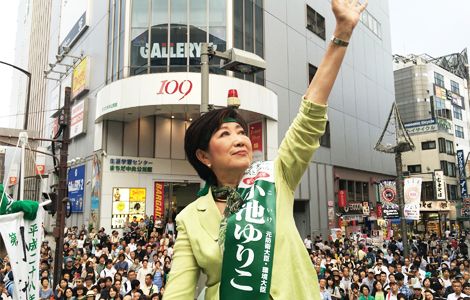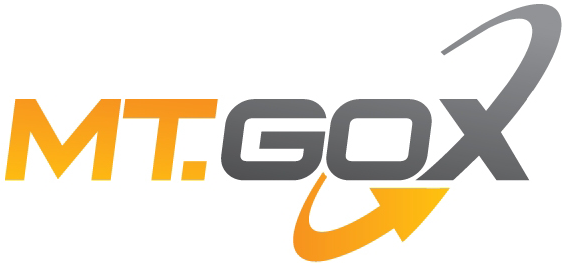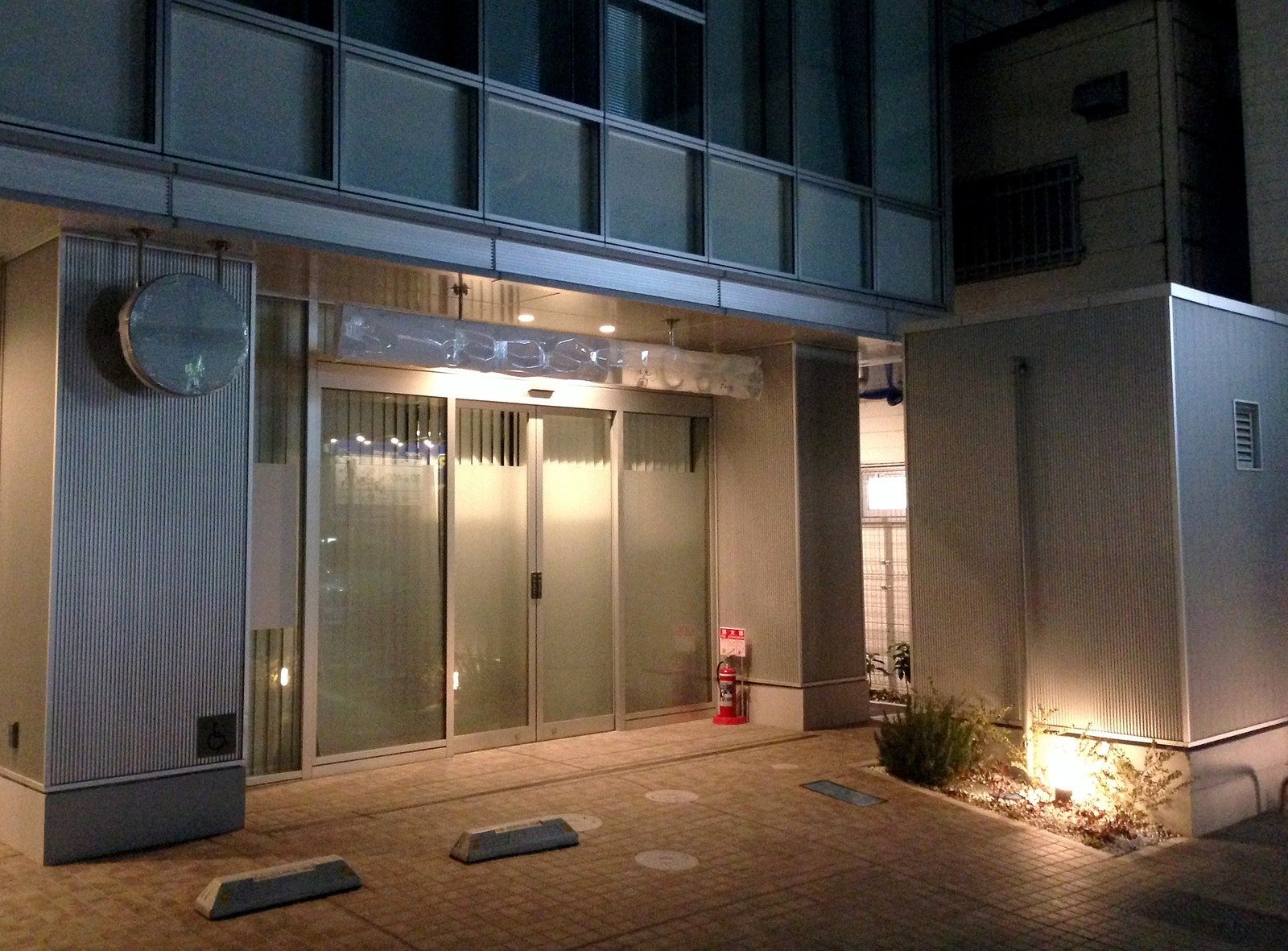Crypto in Japan: A Once and Future Crypto Capital
Having been among the first to regulate the industry, Japan has long served as one of the major players in crypto discourse. In its financial services and fintech hub, Tokyo, numerous businesses either accept or trade crypto thanks to the country formally legalizing the spending of digital assets and introducing a regulatory framework for exchanges. Yet despite its promising start, crypto in Japan went through a phase of scandal, negative sentiment, and strengthened regulatory requirements that it seemed it may never recover from.
Tokyo wants to become Asia’ global financial center
Japan boasted the world’s second largest economy, trailing only the United States, until this title was usurped by China in 2010. Still, it has one of the largest economies of any nation, as well as an affluent and well-educated population composed of around 126 million people.
Its unofficial—but widely recognized—capital city, Tokyo, serves as a main driver behind Japan’s prosperity. The city is one of the world’s major economic and industrial hubs, and is home to the country’s important financial institutions such as the Bank of Japan and the Tokyo Stock Exchange. As a result, it serves as the center of Japanese finance.
The city’s governor, Yuriko Koike, is motivated to continue Tokyo’s run as an engine behind the Japanese economy. Her plan, she outlined in 2017, involves pursuing an “aggressive growth strategy” in an attempt to rise above the competition presented by the world’s other major cities.

“We will make Tokyo Asia’s number-one global financial and economic center, which continues to attract people, goods, money, and information from around the world,” she said during her policy speech. “While paying careful attention to the turbulent international situation, we will take the path to becoming a city on the leading edge that will be the world’s destination of choice.”
Key to the city’s strategy is encouraging small and medium enterprises and promoting innovation. Governor Koike’s policy also aims to further the Global Financial City: Tokyo initiative, an ongoing attempt to make Tokyo an “important hub that will financially service growth in Asia, including Japan” and promote “asset management and fintech at the top of the agenda.”
“Tokyo serves as a hub for financial companies that possess advanced financial techniques and is where superior human resources in the fields of finance, investment funds, and information gather from all over the world,” states the Organization of Global Financial City Tokyo. “We are placing emphasis on the facilitation of asset management and fintech to develop the city of Tokyo and aim to transform these areas into an ecosystem.”
Today, significant debate exists among experts on whether or not the city can become Asia’s leading global financial center. Still, even if its attempts fall short, Tokyo already stands as a significant name in global financial discourse. This, alongside the city’s emphasis on motivating innovation and encouraging the financial technology sector, placed Japan as a whole in an ideal position to be one of the first to capitalize on the cryptocurrency industry.
Japan initially allowed crypto to thrive
Widely credited as one of the first—if not the first—to implement regulations, few other countries are as significant to the past and present of the cryptocurrency industry as Japan.
Originally, its approach was mostly laid back, attributable to the desire among regulators to make the country a world leader in both finance and new technology. This served in strong contrast to the actions of nearby China, where crypto is popular among the public yet treated harshly by officials.
Perhaps the most notorious cryptocurrency exchange in the industry’s history, Mt. Gox, operated in Japan during this period. Back in 2013, The Verge dubbed the exchange as the “Tokyo-based powerhouse that controls the world's virtual money.” As corroborated by several other outlets, Mt. Gox was estimated to have been handling around 76% of the world’s trades between bitcoin and fiat.
Yet the story of Mt. Gox is one of several that redefined Japan’s approach to cryptocurrency regulation. In 2014, it was revealed that the exchange had fallen victim to a years-long breach that saw the loss of millions of dollars worth of customers' crypto. It remains one of the largest breaches in the history of digital currencies, accounting for $460 million in total lost assets.

Following the backlash and controversy surrounding this major incident, Japan’s Financial Services Agency (JFSA) eventually set out rules to better safeguard consumers. Many of the actions that arrived in this aftermath were praised as a way of legitimizing crypto. It seemed that, despite the hurt caused by Mt. Gox, its impact positively steered Japan’s approach.
“If it wasn’t for Mt. Gox, I wouldn’t have been involved with Bitcoin regulation at all,” explained Mineyuki Fukuda, a lawmaker who helped establish Japan’s subsequent regulatory framework.
In fact, in 2016—long before El Salvador was making crypto headlines—outlets incorrectly reported that Japan had moved to make Bitcoin legal tender. The truth, while less flashy, was still significant: Japan’s Payment Services Act and Fund Settlement Law was amended in a way that formally legalized trading digital assets in the country.
Japan enjoyed an overwhelmingly favorable response from pundits who saw the country’s response to Mt. Gox as an innovative example of forward-thinking regulation. The Japan Times, for instance, reported in early 2018 that the country was the global leader in the market development of digital currencies. The outlet observed that the Japanese yen accounted for a majority of Bitcoin-fiat trading. It quoted the CEO of bitFlyer, Japan’s largest exchange at the time, in saying that:
“Effectively, Japan is the first and only country that has a proper legal system regulating cryptocurrency trading. That’s a big deal. Before the law regulating cryptocurrencies, people worried what would happen to their money if an exchange were to go bust.”
Continued breaches left regulators playing catchup
The optimism that surrounded cryptocurrencies in Japan was threatened when the Mt. Gox scandal was dwarfed by an even larger breach: the 2018 attack on Coincheck. Accounting for $534 million in stolen assets, it was referred to as the world's largest-ever digital currency theft by the BBC.
Amid the aftermath of Mt. Gox and Coincheck, as well as the industry’s dabblings with fraud and false promises, trust in cryptocurrency exchanges had taken some understandable hits. Scorned by their previously lax attitude, and breaches prevailing even after the interventions that followed the Mt. Gox incident, the country’s authorities found themselves taking a stricter approach to crypto regulation.
As Katsuya Konno, the Chief Financial Officer of the Japanese crypto exchange Quoine, told Forbes:
“The Japanese government had wanted to promote fast growth of the cryptocurrency business, becoming first movers in regulation. But due to the Coincheck hacking, the FSA turned the strategy from growth to monitoring.”
The JFSA’s new approach began with the launch of the Japanese Virtual Currency Exchange Association (JVCEA), a self-regulatory body made up of cryptocurrency exchanges that were operating in the country at the time. It would go on to become an officially-recognized regulatory body later that year.
JVCEA chairman Taizen Okuyama explained that the body’s key aim was to “eliminate customers’ concerns and work to restore public confidence in order to develop a healthy market.” Through a tightened regulatory framework and security checks, it set out to clean up the cryptocurrency industry in Japan.
Prior to its establishment, exchanges that had already been operating in the country were able to conduct services while they awaited approval. While in this gray area, they were referred to as “quasi-operators”.
When the newly established regulatory body conducted security inspections, it concluded that several exchanges were not doing enough to protect users. As Reuters reported in March 2018, the JVCEA set out to issue penalty notices to exchanges that did not meet its standards and even forced some to suspend their business.
As Forbes noted in the midst of this changing regulatory sentiment, Japan’s status as a “crypto haven” in Asia was strongly in question.

“The sting of a $500 million hack on local exchange Coincheck in January has put Japan’s reputation as a blockchain-friendly environment to the test,” wrote Elaine Ramirez, a contributor to the outlet. “Once dubbed a crypto haven that lured foreign companies to set up blockchain and cryptocurrency projects, the mood has darkened in the country as authorities attempt to rein in the market, industry sources say.”
The 16 exchanges that had previously been approved as part of Japan’s landmark regulation were subject to scrutiny under these new rules. Six received improvement orders that forced them to better their anti-money laundering (AML) and know your customer (KYC) practices in order to continue operating.
Included in the six exchanges that received these orders was bitFlyer, the most popular exchange in Japan at the time. While it worked on improving its KYC procedures to meet regulatory standards, it was unable to accept any new users.
The JVCAE went on to explicitly ban insider trading and, citing fears of money laundering, pressured exchanges to cease listing privacy coins like Monero and Zcash. In addition, while hundreds of exchanges applied for licensing, many seemed to abandon these ambitions after the JFSA rejected their first applications.
Further pressuring the JVCAE to enact strict rules, a Japanese cryptocurrency exchange known as Zaif was breached a few months after the regulatory body’s establishment. As a result, rules surrounding how exchanges store their users’ funds were tightened by mandating the use of offline storage.
Overall, Japanese regulators handed out no new licenses to cryptocurrency exchanges in 2018. Those who had previously been classified as quasi-operators were no longer allowed to operate and were forced to flee or close down while they tried to get approval.
Binance, currently one of the world’s most popular exchanges, fled Japan as a result, as it had been trading as a quasi-operator up until that point. Faced with either closing down until it received approval or relocating, it chose the latter. After leaving Japan, numerous reports incorrectly indicated that Binance had moved its headquarters to Malta, a country which had recently begun taking an “arms open” approach to crypto businesses at the time.
Today, crypto in Japan toes the line between innovation and regulation
Despite the period of darkened sentiment and fewer crypto businesses operating in Japan as a consequence of strengthened regulation, Japan has since largely regained its favorable status in the eyes of many proponents.
Since 2018, the country has approved a much greater number of crypto businesses. Even Coincheck and Zaif, the exchanges which spurred the tightening of regulation in the first place, have since been given licenses to operate after being acquired by established institutions and making their security measures more robust.
As recently as last year, Japan made Cointelegraph’s list of the five countries that are friendliest to crypto and blockchain. The outlet cited Japan’s strong regulatory framework and clearly defined policies as a reason for the country’s inclusion on the list, pointing out that it is home to over 430 crypto and blockchain companies.
Now, in a regulatory environment that appears to toe the line between letting customers assume risk and smothering exchanges with unmeetable obligations, Japan is once again enjoying its status as a crypto hub. Tokyo, in particular, is home to numerous international exchanges and digital currency businesses. In terms of the average person’s ability to spend crypto in Japan, Coinmap shows 117 spots to do so in and around the city—with more likely to be added in the near future.
Recently, a report citing long-serving member of the Tokyo Metropolitan Assembly, Yuu Ito, stated that assembly members seek to cement the city as a trading center for crypto. According to Ito, who echoes Governor Yuriko Koike’s goal to bolster the status of Tokyo on the international scene, radical action is needed if it hopes to compete with other Asian financial hubs like Macau and Hong Kong. He believes that crypto businesses could be a way to give Tokyo the edge over its peers, but cited high tax rates as an inhibiting factor.
Further, Japan officially began experiments on a central bank digital currency earlier in 2021. By late next year, authorities reportedly hope to have a clearer idea of what a "digital yen" might look like.
Ultimately, despite crypto only being a recent addition to our world, it already has a long history of trials and tribulations in Japan. The country seems to have to gone in one end as a Wild West and, despite some significant growing pains, come out the other as a highly regulated environment where innovation and crypto are still able to flourish.
If you want to get started buying crypto with yen, dollars, euros, or other major currencies, check out our sister site Invity.io, where you can buy, exchange, and sell crypto easily and instantly.




